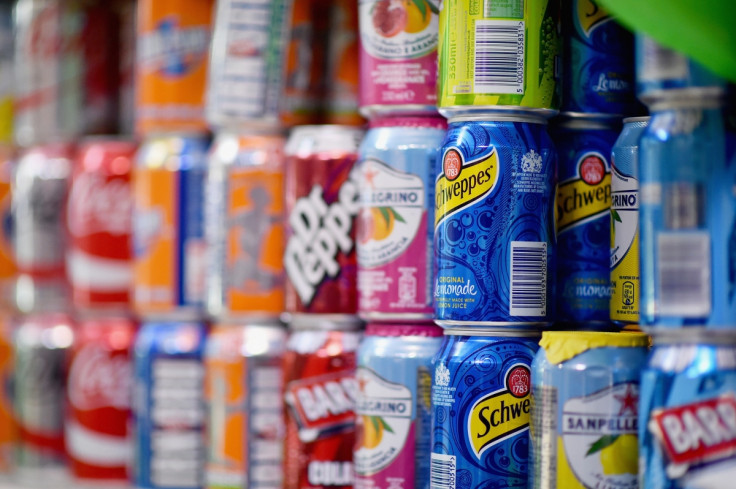Cutting sugar in sweetened drinks will prevent one million cases of obesity

Reducing the amount of sugar in fizzy drinks and fruit juices by 40% over a five-year period could prevent one million cases of obesity. The study, published in Lancet Diabetes and Endocrinology, says that the move may also stop 300,000 cases of diabetes in the UK as well as 500,000 fewer cases of people being overweight.
The growing problem of obesity is currently costing the NHS around £5bn ($7.3bn) a year and that figure is expected to rise to £9.7bn by 2050. Fizzy drinks contain up to 10 teaspoons of added sugar and Public Health England – who welcomed the report – has recommended imposing a sugar tax between 10% and 20%. The findings come ahead of the government's much anticipated report on dealing with childhood obesity, which is set to be released later this month.
"An incremental reduction in free sugars added to sugar-sweetened beverages without the use of artificial sweeteners is predicted to reduce the prevalence of overweight, obesity, and type 2 diabetes," the study reads. "The proposed strategy should be implemented immediately, and could be used in combination with other approaches, such as taxation policies, to produce a more powerful effect."
A sugar tax on carbonated beverages in Mexico achieved strong results, with sales cut by 12% in the first year the measure was introduced. The levy, which was introduced in 2014, helped reduced the consumption of sugary drinks in a nation battling childhood obesity and diabetes.
Public Health England's chief nutritionist, Alison Tedstone said: "Sugary drinks are the biggest source of sugar in young people's diets. We believe a programme to reduce the sugar from the sweetest drinks – alongside other measures like controls on advertising and marketing – would lead to a significant drop in the amount of calories consumed."
Despite the study, the British Soft Drink Association's (BDSA) director general said there was "no evidence that a tax on soft drinks would have an impact on obesity". Gavin Partington said: "In fact, sugar consumption in the UK has been declining for many years, particularly from soft drinks, as government statistics testify, while levels of obesity increased."
© Copyright IBTimes 2025. All rights reserved.






















